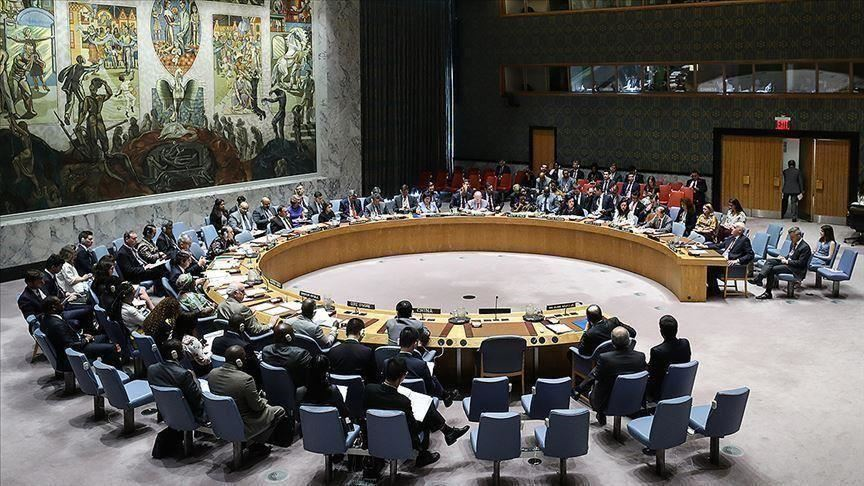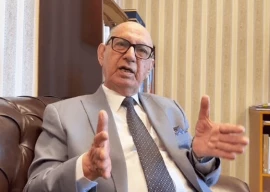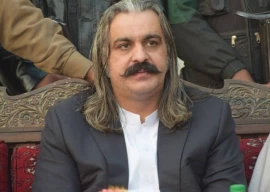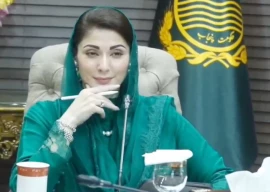
Pakistan has called the current Inter-Governmental Negotiations (IGN) on reforming the UN Security Council as the "best platform" to accomplish the objective, saying, any "hasty or rushed process with a piecemeal approach" will disrupt efforts to reach an agreed outcome in the process to expand the 15-member body.
"Any new process will have to start 'de novo' and face the same challenges as those being addressed in the IGN process," Ambassador Usman Iqbal Jadoon. deputy permanent representative to the UN, told delegates when the long-running negotiations aimed at restructuring the Security Council resumed on Wednesday.
The Pakistani envoy's remarks came amid a renewed push by India, Brazil, Germany and Japan -- known as the Group of Four -- for permanent membership of an expanded Security Council.
"Only through a patient exchange, mutual accommodation, and compromise can we broaden the areas of convergence and reduce the points of divergence and thus evolve a 'model' for the reform that can be accepted by the widest possible majority of Member States," Ambassador Jadoon said.
"We all want to see a Security Council that is more representative, more democratic, more transparent, more effective, and more accountable," he said, adding, "This goal can only be attained through a comprehensive reform that caters to the interests of all Member States - small, medium, and large."
Referring to reform 'models' proposed by various groups and member states, Ambassador Jadoon said, "Any artificial move to propel the reform process towards a disproportionate focus on 'models' is likely to polarize positions and pull the member states further apart."
"Instead of breathing new life, this will further complicate the prospects of a meaningful outcome," he said in his remarks during the session. The Security Council reform process, which began in February 2009 have so far remained stalled.
The IGN process deals with five clusters -- the categories of membership, the question of veto, regional representation, size of an enlarged Security Council, and working methods of the council and its relationship with the General Assembly.
Despite a general agreement on enlarging the Council, as part of the UN reform process, member states remain divided over the details. The Group of Four , which is campaigning for permanent seats on the Council , has shown no flexibility in their campaign for expanding the Council by 10 seats, with six additional permanent and four non-permanent members.
On the other hand, the Italy/Pakistan-led Uniting for Consensus (UfC) group, which firmly opposes additional permanent members, has proposed a new category of members -- not permanent members -- with longer duration in terms and a possibility to get re-elected. The Security Council is currently composed of five permanent members -- Britain, China, France, Russia and the United States -- and 10 non-permanent members elected to serve for two years.
Turning to the five inter-linked clusters, the Pakistani envoy said the UfC was of the view that adding more permanent members will compound the paralysis of the Security Council, and prevent representation of the majority of the UN's small and medium-sized states.
About UfC's proposal for longer-term elected seats, he said, "We see the expansion to newly elected members from less represented regions going hand-in-hand with the principle of regional representation. "The UfC, he said, can consider ways and means to accommodate "regional" seats for Africa, noting that Asia, with 57 member states, was also under-represented, as was Latin America



1731916090-0/sabrina-(3)1731916090-0-165x106.webp)













COMMENTS
Comments are moderated and generally will be posted if they are on-topic and not abusive.
For more information, please see our Comments FAQ